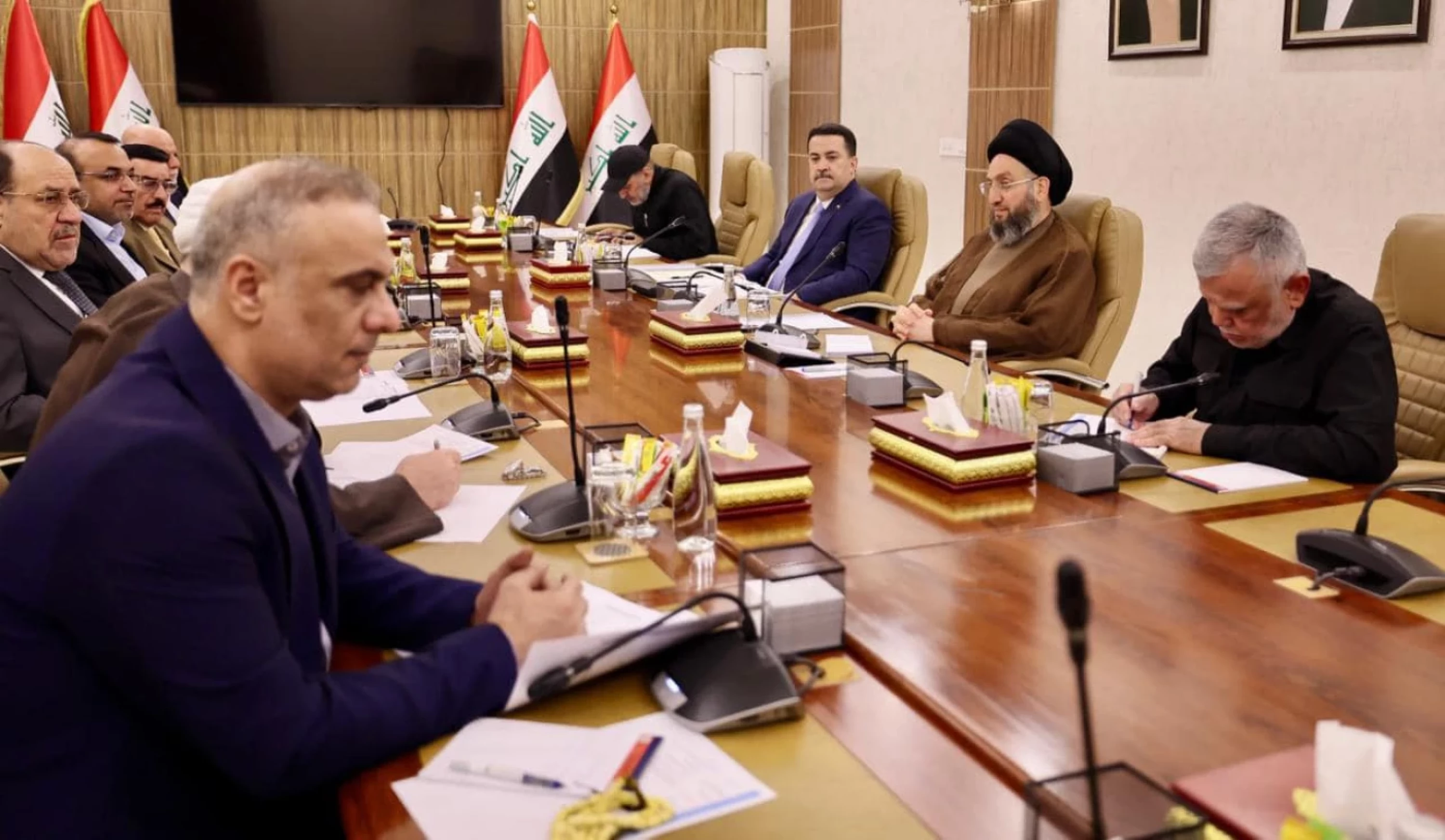ERBIL, Kurdistan Region of Iraq - A senior official from the Iran-backed Badr Organization on Wednesday said Iraq’s ruling Coordination Framework has not begun discussing candidates for the country’s new premier, despite widespread social media speculation suggesting the opposite.
“The special committee tasked with selecting the prime minister within the Coordination Framework has not yet discussed any of the names proposed for the position, nor has it conducted any interviews with those wishing to nominate themselves,” Mohammed al-Bayati said.
“What is being circulated in the media regarding names does not reflect the actual situation of the process. The committee is still in the stage of preparation and internal coordination,” Bayati added.
Sources familiar with the process previously told The New Region that the Framework’s specialized committees are holding regular meetings to assess potential nominees, contradicting Bayati's remarks.
A source within the Framework previously told The New Region of ten candidates in the running for the premiership, entailing: Sudani, former Prime Minister Haider al-Abadi, National Security Advisor Qasim al-Araji, intelligence chief Hamid al-Shatri, Basra Governor Asaad al-Eidani, head of the Iraqi president’s advisors Ali Shukri, Chairman of Iraq’s National Commission for Justice and Accountability Basim al-Badri, former Communications Minister Mohammed Tawqif Allawi, former Youth and Sports Minister Abdul Hussein Abtan, and Abdul Ilah al-Naeli, head of Iraq’s Martyrs’ Foundation.
Zuhair al-Jalabi of the State of Law Coalition told The New Region on Monday that the chances of incumbent Iraqi Prime Minister Mohammed Shia' al-Sudani winning a second term are "very low," citing his previous embroilment in a wiretapping scandal, which the premier called "the lie of the century," and accusations that blocs were dismantled and MPs removed through what he termed "intimidation and inducement."
Earlier, Amer al-Fayez, a senior member of the Coordination Framework, outlined the criteria used to assess candidates. He said the process relies on a detailed methodology that takes into account competence, integrity, transparency, reputation, and uprightness, with each criterion ranked on a scale of low, medium, or high.
The official also commented on a recent meeting between Maliki, who has been nominated by the Islamic Dawa Party for the premiership, and President Masoud Barzani, stating that the two sides discussed issues between the Kurdistan Democratic Party (KDP) and the Patriotic Union of Kurdistan (PUK) regarding the Iraqi presidency, noting that they are working to unify their stance.
Kurdistan Region Prime Minister Masrour Barzani on Wednesday said that the Iraqi presidency is a Kurdish entitlement and is not restricted to any one Kurdish party, coming as speculation has emerged that Sunni blocs may seek to put forward a candidate for the position.
Since 2005, the presidency has been reserved for a Kurdish official under the federal system's unwritten norms, with Shiites, who comprise a majority of the country's population, holding the spot of Iraqi prime minister and Sunnis receiving the position of parliamentary speaker.
Iraq held parliamentary elections on November 11. The results displayed a significant victory for the KDP, which secured 27 seats and became the first Iraqi and Kurdish political party in history to surpass one million votes.
After Iraq’s Supreme Court ratifies the results, the parliament must then hold its first session within 15 days.
During the first session, the representatives elect a speaker, a post that traditionally goes to a Sunni Arab. Within 30 days of the first session, the parliament must also elect a president for the country.
The president then must task the largest parliamentary bloc with the formation of the Council of Ministers within fifteen days of his or her appointment, with the prime minister-designate being replaced by the president if the cabinet fails to be formed in a timely manner.



 Facebook
Facebook
 LinkedIn
LinkedIn
 Telegram
Telegram
 X
X


